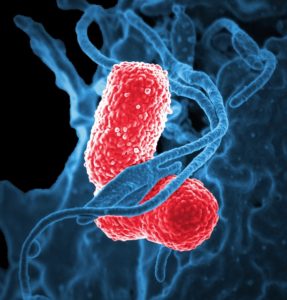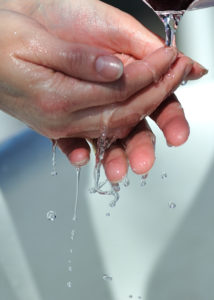1300 737 976
Call us
Live Chat
Call us
The Health Department of Australia has introduced safety measures and requirements relating to the use and provision of cold and heated water in care facilities including, but not limited to:
The aim is to implement long-term, monitored, preventative solutions to these facilities – for staff, residents and visitors. This policy has been put in place to ensure organisations uphold their safety and standards to a high degree. Each state has its own policy – View full NSW policy here.

Health Care facilities are urged to implement robust, long term monitoring and preventative solutions in order to sustain a high health and safety standard for all staff, visitors and residents. They should develop and implement warm water system management plans that consider maintenance records and temperature safety checks.
The policy outlines that part of the Health Care Managers responsibility is for:
Section 3.5 in the Policy states the following:
‘ A monthly temperature safety check of the warm water system must be conducted from at least one ablution outlet (preferably a hand basin) supplied by each thermostatic mixing valve or tepid warm water system and the temperature recorded. This is a maintenance requirement under the Public Health Act 2010 and Public Health Regulation 2012. ‘
Aged care standards state temperature of hot water should not exceed 45°C at the outlet source. This is important to avoid scalding which can occur from 50°C and higher. Many facilities circulate hot water at these high temperatures, however there are devices called thermostatic mixing valves, which are made to reduce temperature before they come through the outlets. There is a risk of the devices failing – which will present a risk of scalding if not monitored. Using our handheld or installed sensors and loggers, will mean you can conduct regular checks to determine the safety of the water or potential failure of the valve.

Requirements for non-patient accessible areas include:
Here at Pyrosales, we stock and custom manufacture temperature sensors and loggers to fit in with your requirements. We have many suitable options to assist with measurement and maintenance.
A simple option includes:
A more accurate and larger storage for data option would be:
Note: The GP A and RTD GP A FREE options come as a standard size. Customised probes are at an extra cost. Please contact us for more information.
A fixed option is using our Digital Display Gauges with a probe. For fixed instruments, please allow a plumber to install the displays in the pipe before an outlet to be able to monitor and log temperatures via a Smartphone app.
Please contact us or call 1300 737 976 to speak to our engineers. They will assist you with the best solution to your requirements.
Copyright © 2022 Created by Pepper Digital
Disclaimer – Images for illustrative purposes only and may not be representative of the actual resolution of the camera shown.